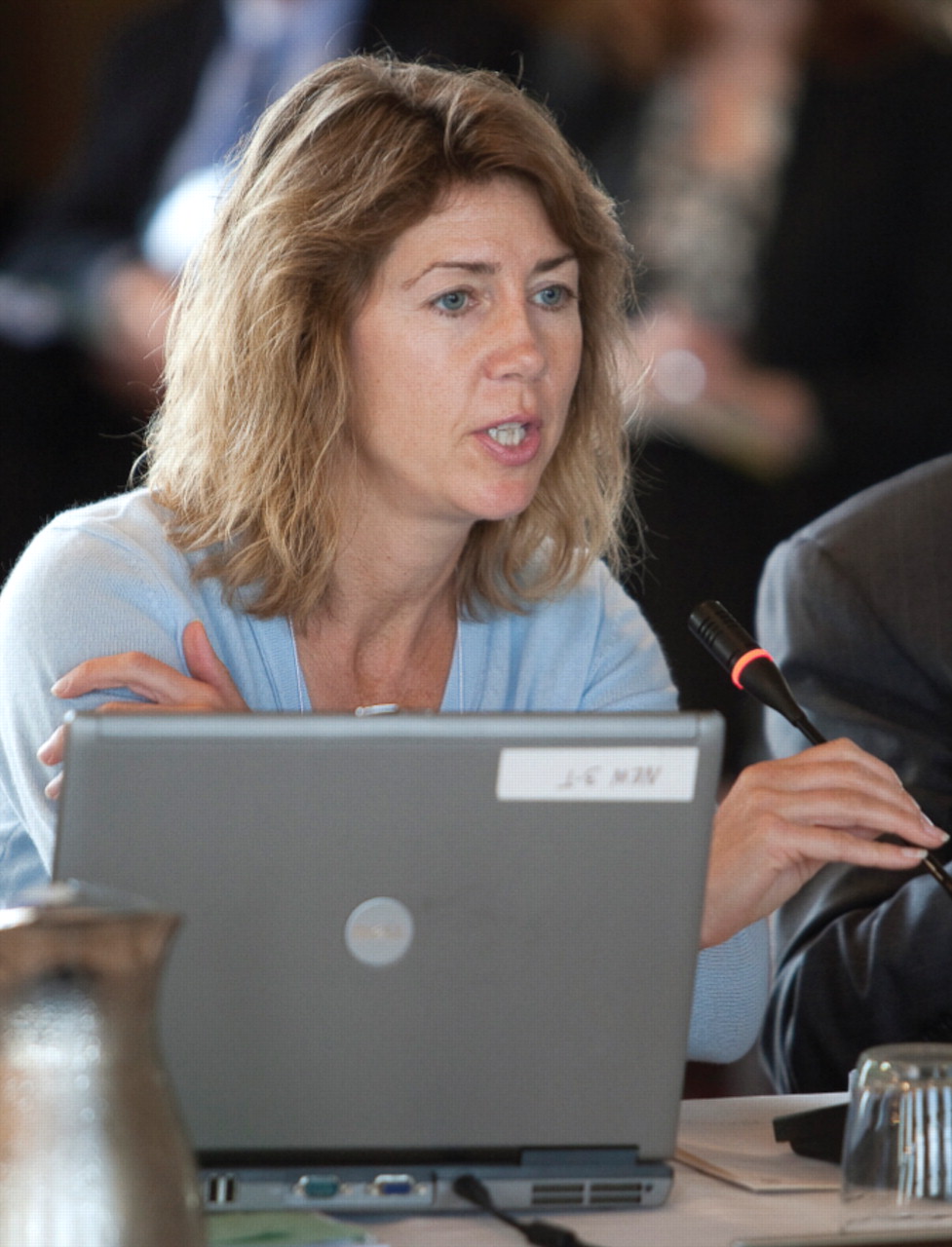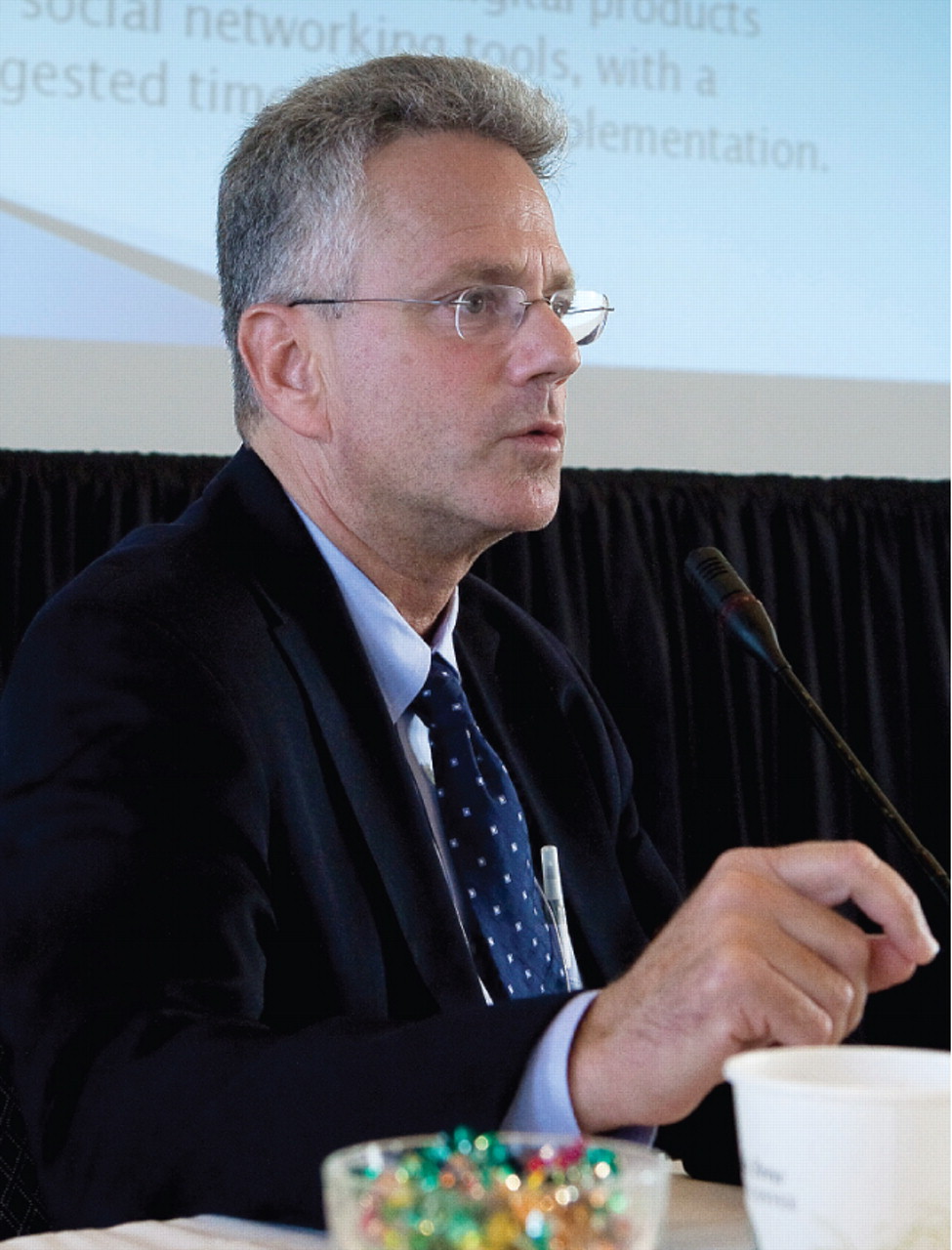Board Addresses APA's Future in Several Critical Areas
Abstract
The APA Board of Trustees voted at its September 25-27 meeting in Arlington, Va., to form two new councils and sunset one council that it established last year.
When the trustees reduced the number of councils from 14 to nine effective last year, they consolidated the functions of three of the sunsetted councils into a new Council on Adult Psychiatry. The newly formed council was given jurisdiction over addiction, geriatric, and psychosomatic issues and included experts in each of those areas who had served on the sunsetted councils. The agenda of the new council proved to be too broad for the members to address effectively, however, and the solution turned out to be a division of effort and emphasis. After discussions with psychiatric subspecialty organizations in these areas, the Board decided that in place of the Council on Adult Psychiatry, it would reestablish a Council on Addiction Psychiatry and form a new one to concentrate on the areas of psychosomatics and geriatric psychiatry.

Sandra Walker, M.D., chair of APA's Council on Minority Mental Health and Health Disparities, confers with Area 7 Trustee William Womack, M.D., at the September meeting of the APA Board of Trustees during a discussion of APA's strategic priorities. Also shown are Marc Graff, M.D., Area 6 trustee, and Frederick Stoddard, M.D., Area 1 trustee.
The Board also voted to approve a proposal from the Elections Committee to shorten APA's annual election season by seven weeks beginning with the 2012 election.
The reduction by several weeks in the time available for campaigning also means that there will no longer be sufficient time for Psychiatric News to prepare an election issue that includes candidates' statements, biographies, professional activities, and sources of income. All of that information will, however, be posted on APA's Web site. The Psychiatric News issue containing election information will provide candidates' names, photos, and Web site addresses.
Some concern was expressed that the shorter time frame would disadvantage petition candidates, giving them less time to gather signatures and build a campaign and might work against nonincumbents who are new to the election rules and procedures.
In the course of their discussion about shortening the election season, the Trustees also emphasized that they will be looking at strategies to encourage greater membership participation in the election process and in voting, and to increase the diversity of the candidates running for national office.

Member-in-Training Trustee Kayla Pope, M.D., J.D., takes part in a Board discussion on how to increase MIT and ECP involvement in APA.
Membership-related items were also on the Board's agenda, with APA Medical Director James H. Scully Jr., M.D., noting that the Association was not anticipating an increase in membership this year. Membership had shown modest growth over the last several years. Membership Committee Chair Joseph Rubin, M.D., reported that the transition in status from member-in-training to early career psychiatrist (ECP) has been a juncture at which some psychiatrists fail to renew their membership. To try to remedy this situation, his committee will increase its focus on retaining and recruiting ECPs in the next year. As a step in this process, Rubin has appointed a subcommittee tasked with developing ways to boost APA's ECP membership, including developing a workshop for next year's annual meeting in Honolulu that will focus on issues of particular concern to ECPs.
Rubin also agreed to a Board request that his committee explore potential strategies for increasing APA's international membership.

Jeffrey Borenstein, M.D., discusses the progress of the work group he chairs on retoolingPsychiatric Newsto meet members' informational needs and format preferences.
Trustees heard a report from Jeffrey Borenstein, M.D., chair of the Ad Hoc Work Group on Psychiatric News. The Board appointed the work group last March and charged it with developing a set of recommendations to ensure that the newspaper's content is what members want and need and is delivered in the formats in which APA members prefer—print and electronic.
Borenstein noted that a media consulting firm has been hired to help the work group carry out its duties. The consultants have launched a study of all aspects of the newspaper and will soon be conducting a nationally representative survey of APA members to get their input. In addition to ensuring that the paper remains a valued member benefit, Borenstein said that it has the potential to be “a draw to attract new members and . . . an informational resource for the public, key decision makers in health care and government, and the media.” The work group expects to present its final report at the Board's March 2011 meeting.
APA President Carol Bernstein, M.D., also blocked out several hours of the meeting for a Board discussion of what APA's strategic priorities should be over the next several years (see See also: Strategic Priorities: Looking to APA's Future). She wanted to explore in particular the following four broad areas that were identified as crucial by leaders of the Board and the Assembly:
| •. | The practice of psychiatry and member services and concerns, which included topics such as “improving the fiscal viability of psychiatry,” the growing use of evidence-based performance measures and electronic health records, and continuing medical education changes, especially those involving maintenance of licensure and certification. | ||||
| •. | Advocacy, with a focus on how APA can monitor implementation of the mental health parity and health care reform laws and how it should continue to respond to scope-of-practice issues. | ||||
| •. | Psychiatry's role in the rest of medicine. | ||||
| •. | Ways to develop future leaders in APA. | ||||
Assembly Speaker-elect Ann Sullivan, M.D., said that the district branches and other groups represented in the Assembly have already indicated in a survey earlier this year the areas in which they believe APA should focus its resources. The three areas that were most often cited were scope-of-practice advocacy, the fiscal viability of members in practice, and developing more effective ways to communicate with members.
Also part of the discussions on strategic planning were how APA should structure its relationships with psychiatric subspecialties, the international psychiatric community, and minority and underrepresented groups in the Association. Bernstein indicated that she planned to schedule follow-up discussions on these topics and one on which discussion was postponed until the December Board meeting—“the integration of identity groups” into APA, which would likely include determining how minority/underrepresented groups should be represented on the Board of Trustees. 



